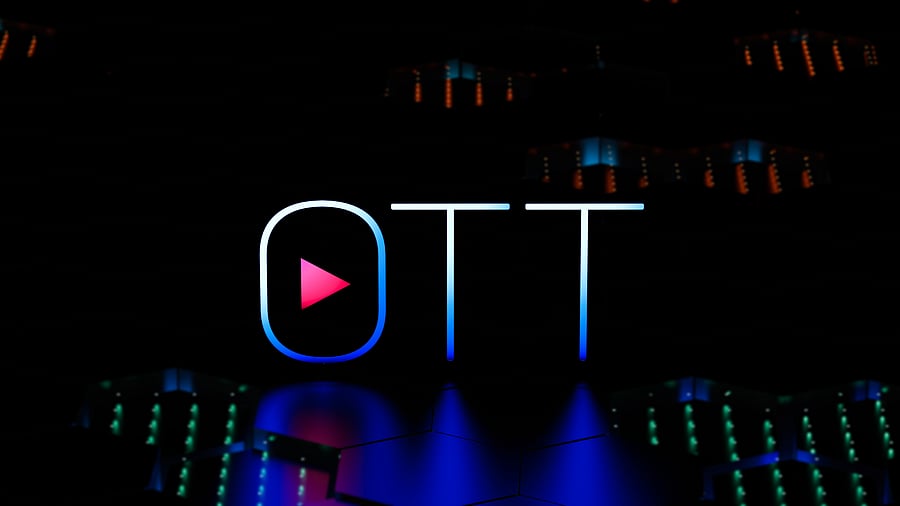
Representative image.
Credit: iStock Photo
New Delhi: A Parliamentary panel has suggested setting up a post release review committee for OTT content after senior Congress MPs Priyanka Gandhi Vadra and Ajay Maken objected in writing over a draft proposal seeking a censorship mechanism for such platforms on the lines of movies.
The Parliamentary Standing Committee on Home Affairs' report on 'Cyber Crime -- Ramifications, Protection and Prevention' tabled in Parliament this week, however, raised concerns over the possibility of “lack of pre-release checks and weak age verification” leaving minors exposed to “harmful content”.
The multi-party panel headed by BJP MP Dr Radha Mohan Das Agrawal recommended that the government consider setting up a panel of experts comprising child development specialists, educators, legal experts, social scientists and community representatives to “monitor the new OTT releases”.
The “Post Release Review Panel will watch the flagged or trending content post release based on user complaints submitted through a standardised grievance mechanism...the Panel shall devise suitable norms and guidelines keeping in view the cultural ethos and sensitivity of the country...the panel may also workout suitable penalties in case of infringement of these norms/guidelines,” it said.
According to the draft report, the panel recommended “amending the IT Rules, 2021, to introduce a mandatory pre-certification process for OTT content, by establishing an OTT content regulatory ecosystem within the ambit of CBFC, bringing it in line with CBFC practices for films and ensuring that explicit or culturally sensitive material is reviewed prior to public release”.
This draft recommendation, which Priyanka quoted in her dissent note, is not part of the final report.
In her dissent note to the ‘draft report’ in which she also noted other MPs' raising the issue of curtailing of freedom of expression, Priyanka said the implementation of this is “likely to prove practically inefficient and virtually impossible” as the number of films produced by the entire Indian film industry is far exceeded by the number of films, videos, reels, and other content produced across the range of OTT platforms.
“Funnelling all these through a single, central board equivalent to the CBFC will create a massive backlog and regulation will become extremely problematic. This will also seriously affect the OTT industry in terms of the frequency and ease of content distribution which will in turn affect employment opportunities in which a large number of youth are now engaged," she said.
She said OTT platforms are not the primary platforms for minors to access adult material and it is better regulated than other social media apps and platforms on which such material is far more easily accessible. It would be “more feasible” to allow OTT platforms to continue self-regulating and self-rating while interfacing with them to apply more stringent parental controls.
In a separate dissent note, Maken called the proposal “regressive” and it seeks to apply an “anachronistic censorship model” to the dynamic and diverse world of digital media. It is “logistically unworkable and would severely stifle artistic freedom and creativity. Crucially, since ‘digital media’ includes news and current affairs, this could subject journalistic work like documentaries to state censorship before publication”, he warned.
